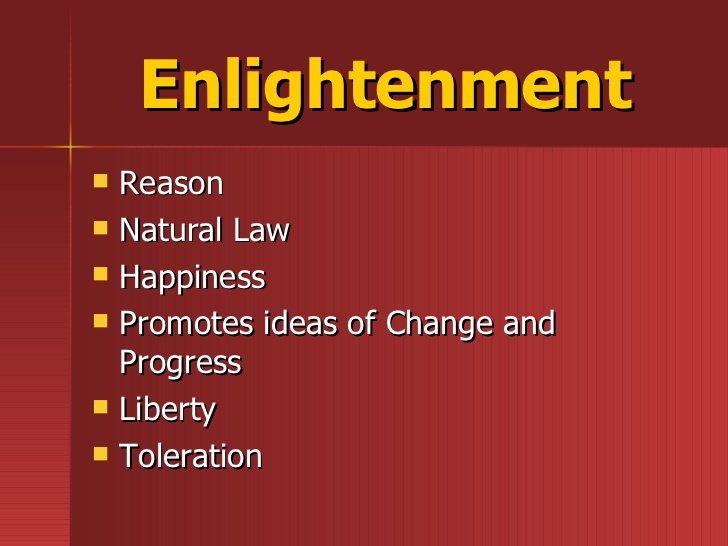
Dear Dr. Hurd,
My sister is a Catholic. Several years ago she married a wonderful man who happens to be Jewish. They have been very happy — up until now. She is pregnant, and they’ve started to argue vehemently over the religion of their child. I really do fear for the future of their relationship. Is there anything I can say to either of them?
Dear Reader,
It’s surprising that an issue this volatile wasn’t resolved beforehand. But now we have to look for some solutions. First, your sister and her husband need to call a verbal “cease-fire” to stop the arguing. Though they may feel that they are adversaries (ideology can do that to people), they’re not. They have the same interests, and the sooner they accept that, the sooner they can get on with resolving the matter.
This cease-fire is really up to them, not you. A professional might be able to help them, but whether they go this route or not, they both have to be willing to put specific arguments aside and start from scratch. A few days or weeks NOT discussing the subject will probably help. If they make it through that, they’re halfway there.
Step two is to reframe the conflict. In other words, to look at it from a different perspective. The issue is really one of values. People who subscribe to a religion do so because they believe in a certain set of values. So the question for your sister and husband to ask each other (and themselves) is, “What values do we have in common?” Judaism and Catholicism have many key values in common. So they can start with what they agree on. Do they disagree on rituals, pomp and circumstance? Maybe so. But if the fighting is ever to stop, they have to first spend time on points of agreement. Otherwise there’s no motivation for resolving anything else.
The key is in the framing. If they frame it as, “Do we raise our child as a Catholic or as a Jew?”, they’re doomed to disaster. On the other hand, if they frame it as “What values do we share in common?”, then there’s hope for resolution. Forget ceremony and family pressure. They must focus on the values they want their children to adopt, then ask themselves what each religion has to offer (schools, traditions, etc.) to help them achieve those values.
It’s important, with or without religion, to be aware of what principles you hold, and why. It’s not healthy to depend on any institution to do your thinking for you. You can select whatever you consider important to guide your thinking, but you still have to come to your own conclusions, especially when raising a child. So, a little conflict for your sister and brother-in-law might actually be good, provided they manage that conflict and the resulting dialogue in a rational way.
We have to be realistic here. By the time the child turns eighteen or so, he or she might have formed conclusions that are at odds with what was taught. So is all this torment worth the destruction of their relationship?
Teaching a child a certain set of values, whether under organized religion or not, is no guarantee of anything. But communicating quality values (AND practicing them) is one of the most important responsibilities a parent will ever have. But if anyone believes that raising a child Catholic, Jewish or anything else guarantees lifetime adherence to that particular point of view, they’re sadly mistaken.
Reason must triumph over ideology. In other words, if your future niece or nephew grows up in an atmosphere of religious conflict, then you can be certain that he or she will have little regard for that religion. And what’s really sad is that some valuable principles and ideas like honesty, integrity, respect for self and others can be overlooked in the process. Is fighting over religion really worth that price?
Follow Dr. Hurd on Facebook. Search under “Michael Hurd” (Rehoboth Beach DE). Get up-to-the-minute postings, recommended articles and links, and engage in back-and-forth discussion with Dr. Hurd on topics of interest. Also follow Dr. Hurd on Twitter at @MichaelJHurd1
